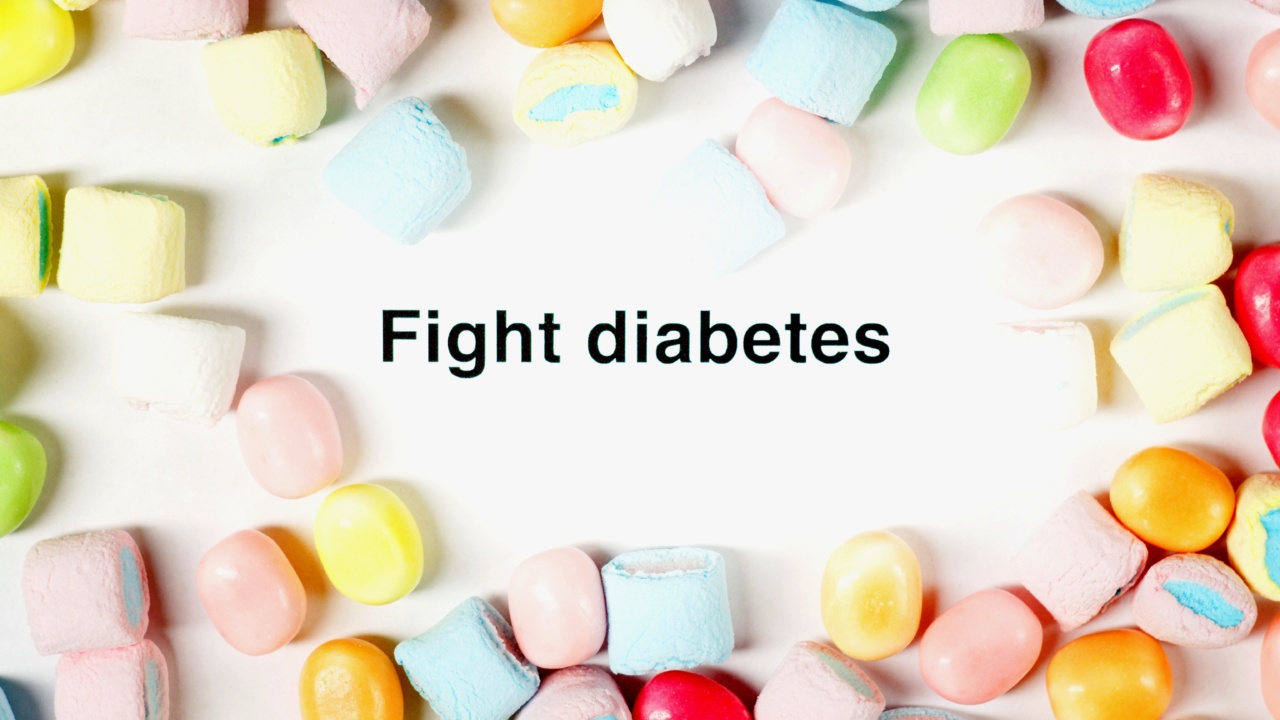When it comes to mental health, people usually focus on medication or therapy as the only means of getting better. However, research has shown that the food you eat can either positively or negatively affect your mental state.
This is because food is a rich source of nutrients that fuel the brain, promote healthy gut bacteria, and affect the production of neurotransmitters that impact mood and behaviour.
The Gut-Brain Connection
The gut-brain connection refers to the link between the central nervous system (brain and spinal cord) and the gut. The vagus nerve, which connects the brainstem to the gut, is responsible for transmitting signals between these two organs.
Therefore, imbalances in the gut microbiome can lead to a variety of mental health disorders such as depression, anxiety, and even schizophrenia.
Several studies have shown that diets rich in probiotics, prebiotics, and fermented foods can help improve the gut microbiome and reduce symptoms of mental illness.
Probiotics are live bacteria that reside in the gut and help maintain a healthy balance of good bacteria. Prebiotics, on the other hand, are the food that probiotics feed on. Fermented foods like yogurt, kefir, kimchi, and sauerkraut are rich in both probiotics and prebiotics and can help improve gut health.
Nutrient-Dense Foods for Mental Health
It is essential to consume nutrient-rich foods to support a healthy brain. Here are some foods that have been shown to improve mental health:.
1. Omega-3 Fatty Acids
Omega-3 fatty acids are a type of polyunsaturated fat that has been linked with improved mental health. Omega-3s have been shown to reduce inflammation in the body, which is linked with depression and anxiety.
Some examples of foods rich in Omega-3 fatty acids include:.
- Fatty fish such as salmon, mackerel, and sardines.
- Chia seeds and flaxseeds.
- Walnuts.
2. Leafy Greens
Leafy greens such as spinach, kale, and collard greens are rich in antioxidants and other essential vitamins and minerals that support a healthy brain.
Antioxidants help protect the brain from free radicals and oxidative stress, which are linked with cognitive decline and other mental health issues.
3. Complex Carbohydrates
Complex carbohydrates such as whole grains, fruits, and vegetables provide the brain with a steady source of glucose. Glucose is the primary source of fuel for the brain, and fluctuations in glucose levels can affect mood and energy levels.
Some examples of complex carbohydrates include:.
- Brown rice.
- Quinoa.
- Sweet potatoes.
- Berries.
- Beans and lentils.
4. Lean Proteins
Proteins such as chicken, fish, and lean meat provide the body with amino acids, which are essential for the production of neurotransmitters that affect mood and behaviour.
Deficiencies in amino acids have been linked with depression and other mental health issues.
Foods to Avoid for Mental Health
Just as some foods can be beneficial for mental health, others can be harmful. Here are some foods to avoid if you want to improve your mental health:.
1. Sugar
Sugar is one of the most harmful foods for mental health. Diets high in sugar have been linked with depression, anxiety, and other mental health issues. Sugar is also linked with inflammation in the body and can worsen symptoms of mental illness.
2. Processed Foods
Processed foods are often high in trans fats, sugar, and salt, which can all negatively affect mental health. These foods also lack the essential nutrients needed for a healthy brain.
3. Alcohol
Alcohol is a depressant that can worsen symptoms of depression and anxiety. In addition, heavy alcohol consumption can lead to brain damage and cognitive decline.
Conclusion
Our mental health is influenced by many factors, including the food we eat. Eating a healthy diet rich in fruits, vegetables, lean proteins, and complex carbohydrates can help improve mental health.
In addition, avoiding foods high in sugar, processed foods, and alcohol can also improve mental health. By taking care of our gut health and providing our brains with the nutrients they need, we can help reduce symptoms of mental illness and improve overall well-being.





























